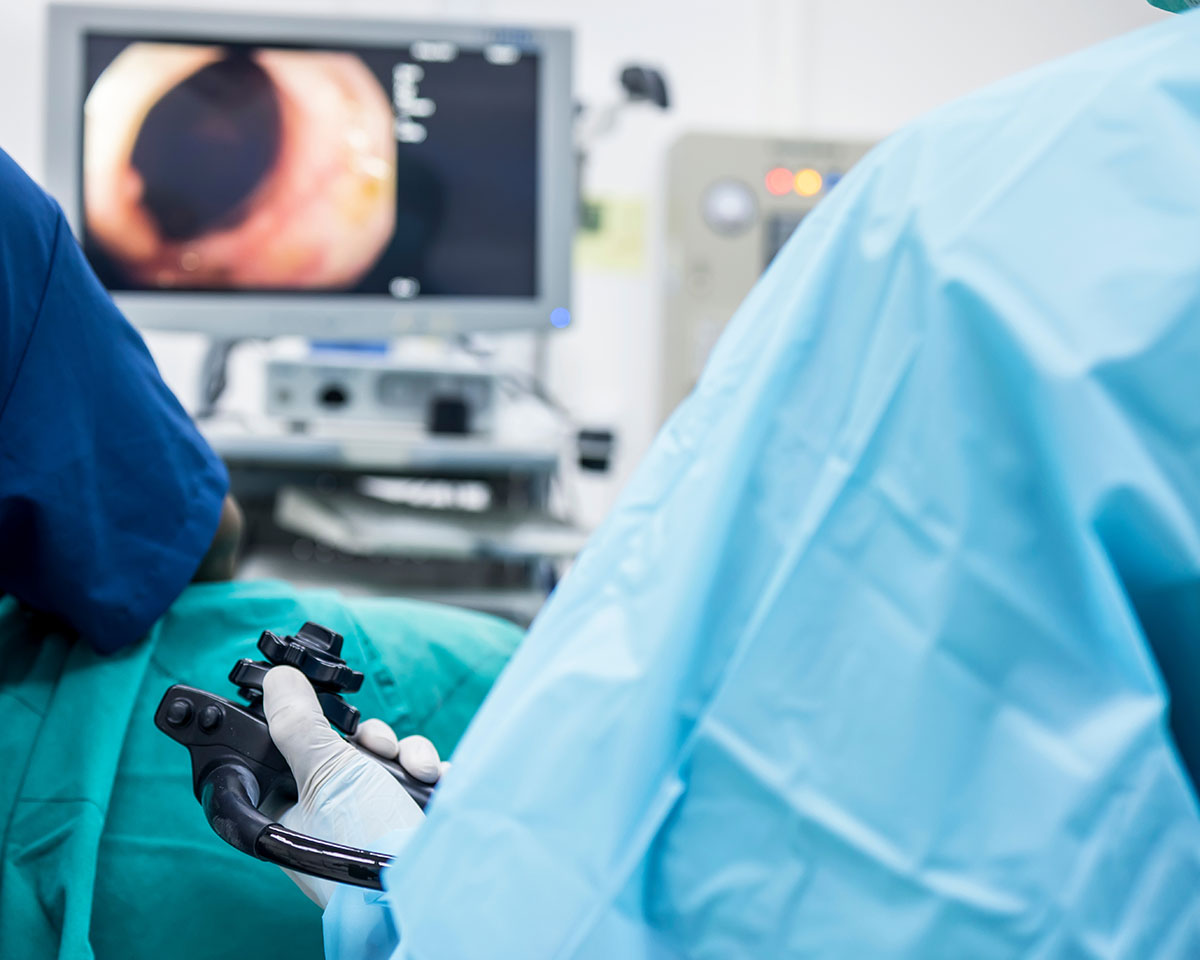A hernia can start as a small lump or a mild discomfort, but if left unchecked, it may lead to more serious complications. Some people in Singapore live with hernias without realising the importance of a timely hernia treatment. Modern surgical techniques now make hernia repair safer, faster, and less disruptive to daily life. Whether you’re experiencing discomfort, noticing a bulge, or simply exploring preventative care, understanding your options is the first step toward relief and long-term wellness.
Table of Contents
ToggleWhat Is a Hernia? Identifying the Need for Repair in Singapore
A hernia happens when a part of tissue or an organ pushes through a weak spot in the muscle layer that normally holds it in place. Not every hernia needs urgent treatment, but it is important to have it checked. This helps colorectal specialists like us determine whether it can be safely monitored for a while or if a repair would be a better option to prevent future problems.
Types of hernias and where they occur include:
- Inguinal Hernia - groin area
- Femoral Hernia - appears just below the groin
- Umbilical Hernia - develops near the belly button
- Incisional Hernia - forms at the site of a previous surgical incision
- Hiatal Hernia - occurs when part of the stomach pushes up into the chest
- Epigastric Hernia - appears in the upper abdomen, between the belly button and chest
- Ventral Hernia - develops on the abdominal wall
For patients diagnosed with more complex conditions, our clinic also provides comprehensive colorectal cancer treatment in Singapore with advanced surgical options.
Hernia Repair Techniques at Advanced Colorectal And General Surgery
At Advanced Colorectal and General Surgery, we offer a range of hernia repair methods tailored to individual needs, with an emphasis on minimally invasive options for faster recovery and less post-operative discomfort.
Laparoscopic Hernia Repair: A Minimally Invasive Approach
This technique involves making a few small cuts to insert a camera and specialised instruments to repair the hernia from within.
Often preferred for inguinal, incisional, or ventral hernias, this method can support a quicker recovery, with less discomfort after surgery and shorter hospital stays compared with traditional open repair.
Robotic-Assisted Hernia Repair
Robotic-assisted hernia repair builds on laparoscopic techniques, using 3D imaging and robotic instruments to improve precision during surgery. It is often chosen for complex or recurrent hernias where greater control is beneficial, helping with accurate mesh placement and potentially reducing the risk of complications.
Preparing for Hernia Surgery in Singapore
Pre-Surgery Preparation Guidelines
Preparation is essential for a smooth surgery after hernia repair. Following these guidelines reduces risks and helps ensure a successful repair:
- Completing any required pre-operative tests
- Fasting for a set period before the procedure
- Reviewing current medications with the doctor
- Arrange for someone to take you home
- Informing about allergies or anaesthesia reactions
- Quitting smoking or reducing alcohol
Understanding the Surgery Process
While the surgery process may differ depending on the severity of your condition and the method used, it usually involves the following steps:
- Anaesthesia administration: You will receive either general or regional anaesthesia to keep you comfortable and pain-free during the procedure.
- Creating access: Small incisions (for laparoscopic or robotic repair) are made to reach the hernia site.
- Repairing the defect: The protruding tissue is gently repositioned, and the weakened area of the abdominal wall is reinforced, often with a mesh.
- Closing the incision(s): The surgical site is closed with sutures, staples, or adhesive strips, depending on the method.
- Monitoring and recovery: After surgery, you will be observed in a recovery area to ensure you wake up safely from anaesthesia and can go home or stay overnight as advised.
Recovery After Hernia Surgery
Postoperative Care for Recovery
To ensure you recover well after surgery, your doctor will provide these guidelines.
- Managing discomfort with prescribed medications: Take them as directed to ease pain.
- Gradually resuming physical activity: Begin with light movements and increase activity as advised by your surgeon.
- Monitoring your incision sites: Watch for redness, swelling, or discharge, and report any changes promptly.
- Following a light, balanced diet: This helps prevent constipation, which can strain the repaired area.
- Avoiding heavy lifting: Refrain from carrying or lifting heavy objects until your surgeon confirms it is safe.
Follow-Up
Regular check-ups allow your surgeon to monitor healing, address complications early, and make adjustments if needed. Initial visits are usually scheduled within 1–2 weeks, with a follow-up around 4–6 weeks.
Benefits of Choosing Modern Techniques for Hernia Repair
Advantages of Minimally Invasive Surgery
Minimally invasive hernia repair offers multiple benefits, making it a preferred option for many patients seeking hernia treatment in Singapore. These include:
- Smaller incisions: Less disruption to surrounding tissue.
- Reduced pain: There is often less discomfort after minimally invasive surgery.
- Lower risk of infection: Smaller wounds tend to heal more cleanly.
- Shorter recovery period: Many patients can return to daily activities sooner.
Long-term Outcomes of Hernia Repair
Modern surgical methods, such as laparoscopic and robotic-assisted hernia repair, are designed not only to reduce symptoms but also to improve your overall quality of life. Long-term results you can expect after hernia repair include:
- Reduced risk of recurrence: Reinforcement materials and refined surgical methods help strengthen the repaired area.
- Improved abdominal support: Restores the integrity of the abdominal wall for better core stability.
- Fewer long-term limitations: Many patients can return to regular activities, exercise, and work without ongoing discomfort.
- Enhanced comfort after recovery: Less strain and fewer symptoms compared with untreated hernias.
- Better overall quality of life: Patients often regain confidence in movement and daily function.
Since hernias can sometimes be linked with other abdominal concerns, early colonoscopy screening in Singapore is recommended for preventive care.
Why Choose Advanced Colorectal And General Surgery for Your Hernia Repair in Singapore
Hernia repair requires both technical skill and careful planning to ensure safe, lasting results. At Advanced Colorectal and General Surgery, hernia repair procedures are led by Dr QM Leong, a general and colorectal surgeon based in Singapore with over 20 years of experience. After graduating from the University of London in 2000, he trained extensively in minimally invasive techniques, including laparoscopic and robotic surgery.
Dr QM Leong is one of the few surgeons in Singapore who regularly performs Single Incision Laparoscopic Surgery, a method that uses a single small incision to repair the hernia while supporting a quicker recovery and leaving a smaller scar. Beyond hernia repair, he also mentors specialist trainees and consultant surgeons in complex laparoscopic procedures.
What to Bring to Your Appointment
Being prepared with the following helps your doctor provide a treatment plan tailored to your needs:
- Medical records: Previous imaging, test results, or surgical reports.
- Medications: Include dosages and any supplements.
- Concerns: Write down anything you want clarified about the procedure, recovery, or lifestyle adjustments.
- Medical history: Past surgeries, family history of chronic conditions, or allergies.
- Symptoms: Such as when the hernia appeared, associated pain, and triggers.
Take the Next Step Towards Healing
Don’t wait until symptoms worsen. If you’re considering hernia treatment in Singapore, schedule a consultation today. We will walk you through your options and provide support every step of the way.





